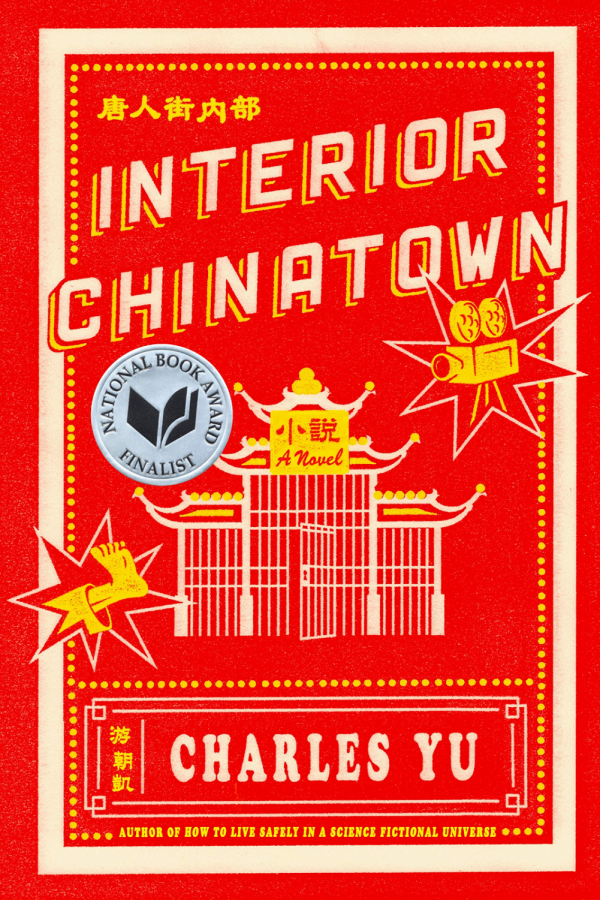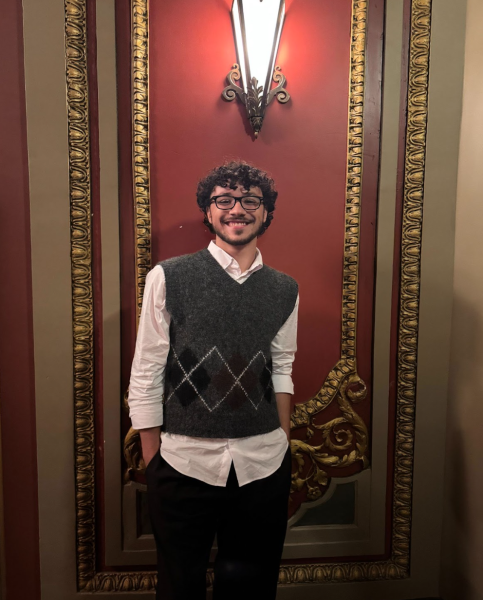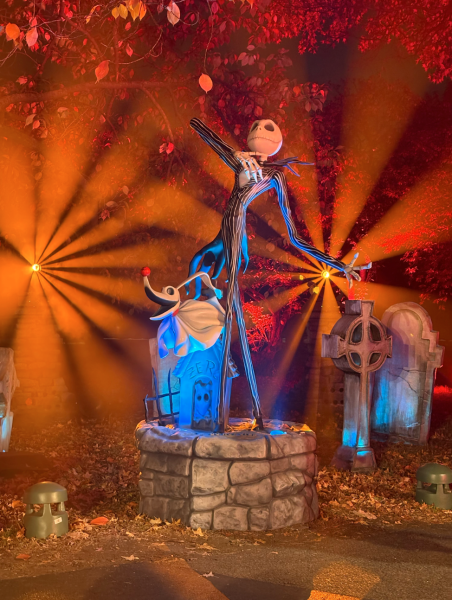Audience Participation Required: “Interior Chinatown” by Charles Yu
Recently awarded the 2020 National Book Award, Charles Yu’s “Interior Chinatown” is a satiric novel that reads as a teleplay, combining the harmful portrayal of Asian Americans in Hollywood with the realities of immigration and assimilation. His skilled prose masterfully prods at the American consciousness while taking readers into a place they often only see as a caricature on screen: Interior Chinatown.
As a writer, Yu has made a name for himself in both television and literature. Before writing “Interior Chinatown,” the 44-year-old writer released his debut novel, “How To Live Safely in a Science Fictional Universe,” and wrote scripts for television shows such as HBO’s “Westworld” and FX’s “Legion.” His talent for fascinating psychological dramas takes a new form in “Interior Chinatown,” which departs from the otherworldly nature of Yu’s previous work to give a candid glance at reality.
Following Willis Wu, an aspiring actor who finds himself repeatedly cast in roles like “Dead Asian Man” or “Generic Asian Man Number Three/Delivery Guy,” “Interior Chinatown” is the story of Willis’ personal life and portrayal on his latest project, a police drama called “Black and White.” While repeatedly cast to play racist caricatures of Asian men, Willis desires to escape these tropes and become “Kung Fu Guy,” a role similar to that of Bruce Lee. As the novel progresses, readers watch Willis’ pursuits as an actor become realized in his relationships — a tragically beautiful technique that mirrors the novel’s form.
As a novel — if it can even be described as a novel for its screenplay style — “Interior Chinatown” masterfully collapses fiction with reality. The screenplay style of the novel’s prose makes readers feel less like an audience and more like an actor in the script. Yu’s powerful second-person narrative style forces readers to examine their own biases, asking if they rely on Hollywood’s misrepresentations to foster their thoughts in reality.
Although Willis is an actor playing fictional characters in a television show, his characters are tied to his reality. When one of his characters is murdered, he must wait 45 days before he can be employed again and, as he waits, Willis dreams of his breakout role while struggling to make ends meet.
Much of this struggle takes place at the novel’s most prominent setting, the Golden Palace restaurant, which houses hundreds of immigrants in single-room occupancy housing units above it. Yu masterfully describes the residents of the Golden Palace and uses intricate detail in describing their living situation to dramatically further the plot throughout the novel. Whether it is the cracks in the shower, the studies of neighboring children or the sounds echoing throughout the building’s thin walls, Yu asks readers to perceive this imagined place as if it were a movie set, and each image alludes to some plot device in the future.
In these descriptions, readers are exposed to the realities of immigration in America. As Willis continues to get background roles with harmful portrayals of Asian immigrants, Yu asks readers to go beyond Willis’s goal of “Kung Fu Guy” and perceive how Asian Americans have a very different story of immigration and assimilation from Black and white Americans. This beautifully crafted symmetry with Willis’ supplemental role on the television show “Black and White” displays how Asian Americans are not given fair representation in discussions of equity and social justice.
In exploring these nuances, Yu beautifully combines form, function and truth as a call to action for Americans: Representation matters, and harmful depictions of Asian men and women have no place in the future of American entertainment — both on page and onscreen. Moving forward, writers and consumers must do better to accurately represent and consume experiences from all viewpoints. As he makes this abundantly clear to readers, Yu is sharp, funny and mesmerizing, thereby producing one of the best books of the year.








































































































































































































